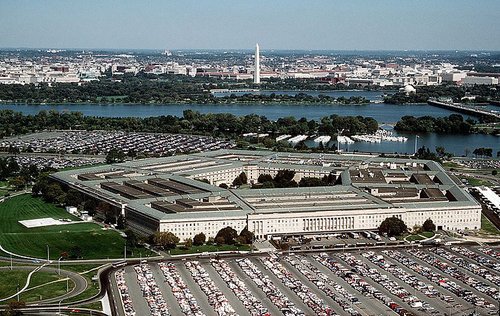What to Know About The Defense Budget Sequester


Today, the House took their first steps at resolving the looming defense budget cuts by drafting legislation requiring the Obama Administration to plan out how and where massive government cuts will take place in a report to Congress. The vote was 414-2.
Every year a business needs to plan a budget for the following fiscal year. Government is no different and the United States has begun its yearly debates regarding spending for the upcoming year. While no exact budget has been drafted yet, important steps have already been taken, and it is necessary to understand what is going on and what it means to the every day person.
What is the defense budget?
The defense budget is the amount of money that the US government allocates to any defense-related spending. This includes any military salaries, training, healthcare, weapons, equipment, facilities, and operations for all five branches of the military will be covered by the budget allocated this year.
What makes this year’s budget proceeding so special?
This year, Congress will have to address sequestration. A sequester is defined as “the action of taking legal possession of assets until a debt has been paid or other claims have been met,” and with regards to the budget, it means that Congress will now be forced to make cuts to make up for the $15.8 trillion debt that we have currently accumulated. This is a result of the Budget Control Act of 2011, which would allow for a sequestration if the debt was not controlled. Both Republicans and Democrats supported the bill, though neither party is especially happy with the overwhelming cuts they now need to face.
What is getting cut?
The Budget Control Act requires that $1.2 trillion be cut across all the government department budgets. The Department of Defense itself is required to cut $487 billion in the next ten years. Nothing specific has been set as of yet, as Congress makes moves to avoid across-the-board cuts as required by sequestration.
What repercussions will the cuts have on citizens and the economy?
Reports released this week have concluded that if the government goes through with the sequester cuts it could take away 2 million jobs from the American economy, which could then reduce GDP by $215 billion. If the Pentagon is to follow the required steps by the Budget Control Act, it is to cut spending by $56.7 billion in the first year, which would then directly cut 325,693 jobs and then indirectly cut 764,666 jobs.
Stephen Fuller, an economist at George Mason University and responsible for the stats says:
"The results are bleak but clear-cut. The unemployment rate will climb above 9 percent, pushing the economy toward recession and reducing projected growth in 2013 by two-thirds."



